Tunisia
In collaboration with youth from working-class neighbourhoods of Tunis, NGO International Alert has launched a series of artistic productions to highlight the violence faced by young people in marginalised areas.
It says that many of the social and economic problems in Tunisia continue to exist more than a decade after the 2011 revolution, as deep social, regional, and generational inequalities have been unaddressed by successive governments.
In working class areas, there is a high school dropout rate, unemployment, and a lack of access to public services. And young people are on the frontline.
The global peacebuilding NGO’s latest project includes photography, a graffiti exhibition, a short film, and a rap song produced by young people as a positive outlet to their frustration.
Many of them want to believe in their country.
"We can already see that all the young people are thinking of leaving because of issues like violence. There are many problems in Tunisia. I want to advise them not to leave. Instead, we must find solutions. Their voices must be heard until we find solutions and restore Tunisia to the way it was," says Mariem Chourabi, who holds a Master's Degree in tax law.
International Alert says the marginalisation impacts women and young people the most, with half of those aged between 18 and 29 deprived of health cover, for example.
Tough security governance and violence by security forces also remains a major concern, especially for youth.
"There are people who experience violence on a daily basis, there are those who practise it and those who suffer from it. So from there, we started thinking about how to channel the violence into cultural activities," says Houcem Ayari, a coordinator at the NGO.
Rapper Mohammed Ali says people in his neighbourhood face many difficulties, but that music is a good outlet for his frustrations.
"The music we work on comes from the violence we see, that we want to take out. We chose music to express our feelings, to release our pent-up emotions, and to express what we are experiencing. As I mentioned, there are things that cannot be said, so we write them in music."
Despite the troubles he faces, Mohammed says he doesn’t want to leave his country, saying he has faith that Tunisia will develop and improve, and he plans on staying and working hard to succeed.





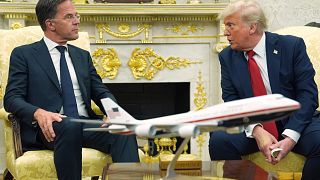
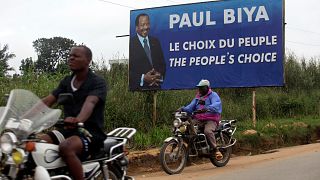
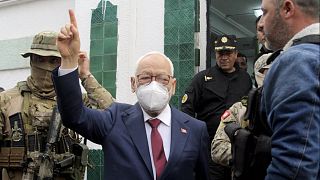
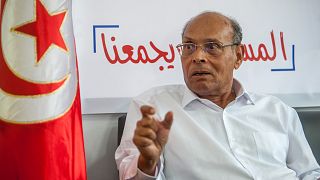
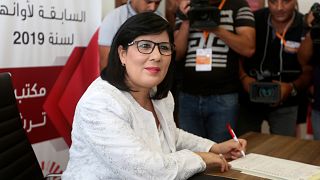



01:08
Dancehall superstar Shatta Wale urges young people to back President Mahama
Go to video
Togo protest crackdown raises fears of worsening political crisis
01:05
"Shoot in the leg": Ruto orders Kenyan police to curb protest vandalism
02:19
Thriving, not just surviving: Gloria Gaynor releases new EP
01:49
Broken windows and lootings: Nairobi businesses deal with protest aftermath
01:42
Kenya: at least 10 dead in ongoing protests, 29 injured nationwide